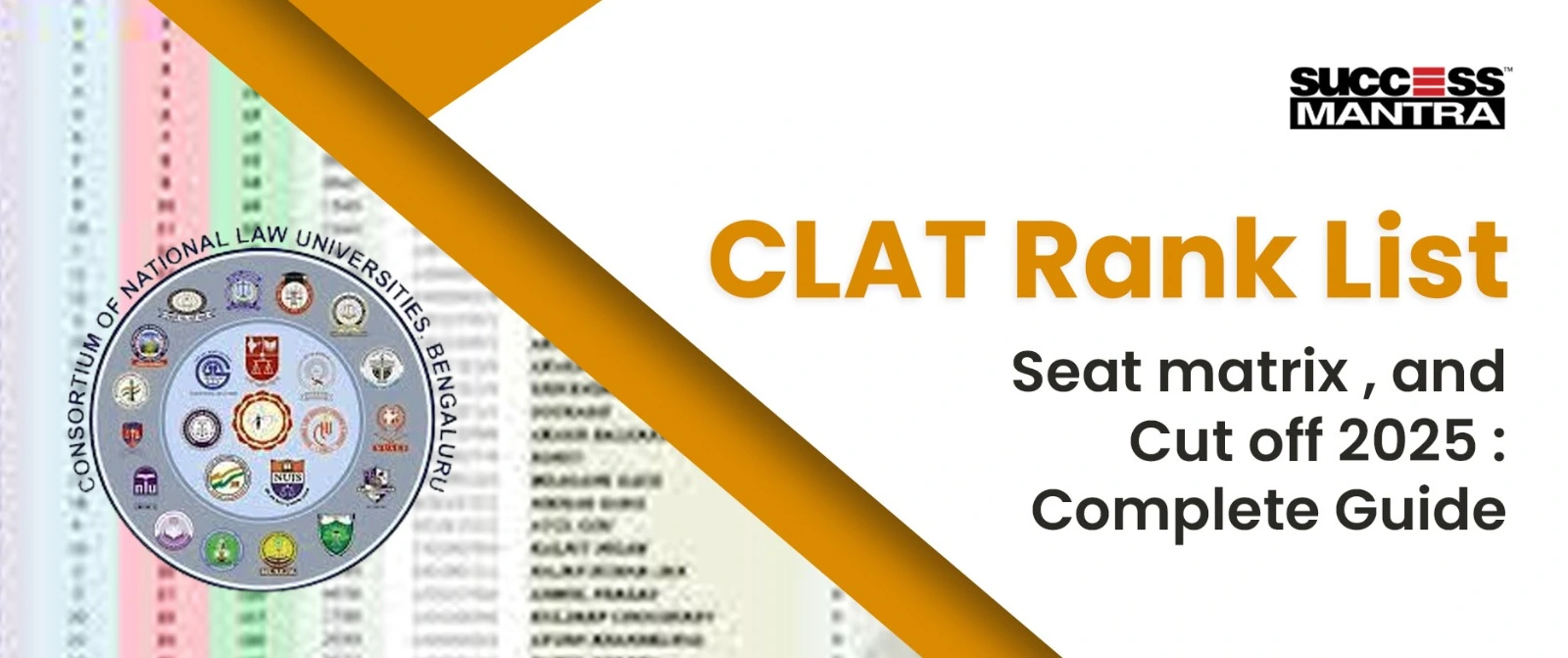GK COMPLETE STUDY NOTES ON SPORTS AND OTHER
SPORTS & OTHER
Olympic Games
The Olympics games were first held in 776 BC at Mount Olympia, an ancient city of Greece in honour of Zeus. The Modern Olympic Games were revived by Baron Pierre de Coubertin. It was started in 1869 in Athens, Greece and is organized once in every four years.


- 1924 - Winter Olympics started
- 1920 – India officially participated in the Olympic Games for the first time.
- Olympic Emblem – It is made up of five intertwined rings that are Blue (Europe), Yellow (Asia), Black (Africa), Red (America) and Green (Australia).
- Olympic Motto – The motto of the games is ‘Citius, Altius, Fortius’ which means faster, higher and stronger. It was coined by Father Didon.
- The last Olympic Games took place in Rio de Janeiro, Brazil in 2016.
- The next Olympic Games are scheduled to take place in Tokyo, Japan in 2020.
- In 2024, the Olympic Games will take place in Paris, France.
- Beijing will soon become the first city to have hosted both Summer and Winter Olympics. Beijing has been chosen to host the 2022 Winter Olympics and it had hosted the Summer Olympics in 2008.
- Paralympic games are held alongside Olympic Games and are dedicated to athletes with a disability. The first Paralympic Games were held in Rome, Italy in 1960.
Asian Games
Pandit Jawaharlal Nehru initiated Asian Games in 1951 and it is organized once in every four years, ordinarily mid-way between Olympic Games. The following cities have hosted/ are going to host the Asian games in the given year -
- 1951- New Delhi (first Asian Games)
- 2014 – Incheon, South Korea
- 2018 – Jakarta, Indonesia
- 2022 – Hangzhou, China
Commonwealth Games
Commonwealth countries i.e. erstwhile British colonies participate in Commonwealth games once every four years. Commonwealth games have been hosted/are going to be hosted in the following cities-
- 1930 – Hamilton, Canada (first Commonwealth Games)
- 2014 – Glasgow, Scotland
- 2018 – Gold Coast, Australia
- 2022 – Durban, South Africa (This will make South Africa the first African Nation which is going to host the commonwealth games)
South Asian Federation (SAF) Games
It is played by South Asian Association for Regional Cooperation (SAARC) countries with the motto ‘Peace, Prosperity and Progress.’ The first SAF games took place in 1984 in Kathmandu, Nepal. In 2016, 12th edition of SAF games are being jointly organized by Guwahati and Shillong.


Special Playgrounds for Certain Sports
| Sports | Name of Playing Arena |
| Badminton, Lawn Tennis | Court |
| Boxing | Ring |
| Baseball | Diamond |
| Skating | Rink |
| Wrestling | Arena, Rink |
Popular Awards
| Sports | Trophy/ Award |
| Football | Durand Cup, Rovers Cup, Subroto Mukherjee Cup, Vittal Trophy, B.C Roy Trophy, Santosh Trophy |
| Hockey | Dhyan Chand Trophy, Nehru Trophy, |
| Polo | Ezar Cup |
| Cricket | Duleep Trophy, Irani Cup, Ranji Trophy |
National Sports of Countries
| Country | National Sports |
| Canada | Lacrosse |
| China | Table Tennis |
| India | Hockey |
| Spain | Bull Fighting |
| United States | Baseball |
Nobel Prize
It was instituted in 1901 after Alfred Nobel, the Swedish scientist who is popularly known as the founder of dynamite. It is awarded for excellence in six fields - (i) Physics (ii) Chemistry (iii) Medicine (iv) Literature (v) Peace (vi) Economics. The Nobel Prize in Economics was instituted in 1967.


- First woman to win the Nobel Prize - Marie Curie
- First Indian to win the Nobel Prize - Rabindranath Tagore (1913) for his book Geethanjali
- First Indian woman to win the Nobel Prize – Mother Teresa
- Last Indian to win the Nobel Prize – Kailash Satyarthi (2014)
- As of January 1, 2016 – eight Indian have won Nobel Prizes. These are Rabindranath Tagore
- (Literature), C V Raman (Physics), Hargobind Khurana (Medicine), Mother Teresa (Peace), S. Chandrashekhar (Physics), Amartya Sen (Economics), V. Ramakrishnan (Chemistry) and Kailash Satyarthi (Peace).
Pulitzer Prize

It is named after the US publisher Joseph Pulitzer and is conferred for contribution to journalism, music and literature. It was instituted in 1917 and is administered by Columbia University in New York.
Magsaysay Award
It is named in memory of Ramon Magsaysay, the President of the Philippines. It is given annually for contribution to public service, community leadership, journalism, literature etc. It is Asia’s highest honour and is considered as the region’s equivalent of the Nobel Prize.
Man Booker Prize
It was first awarded in 1968 and is the highest literary award for fiction. It is awarded for the best original novel written in English language by a citizen of the Commonwealth of Nations, Ireland or Zimbabwe. Till date the following Indians have won the Man Booker Prize –
- 1997 - Arundhati Roy for her book The God of Small Things
- 2006 – Kiran Desai for her book The Inheritance of Loss
- 2008- Arvind Adiga for his book The White Tiger
Academy Awards/ Oscar – It was instituted in 1929 and are conferred by the Academy of Motion Pictures, Arts and Sciences in the US for recognition in the field of cinema.
Bharat Ratna

It is the highest national award for excellence in art, literature, science or contribution to public service. The award was instituted in the year 1954 and the first recipients were C Rajagopalachari, S. Radhakrishnan and C.V Raman.
Padma Awards
There are three Padma awards. Padma Vibhushan is the second highest national award (after Bharat Ratna). Padma Bhushan is the third and Padma Shri is the fourth highest national award for distinguished service in any field.
Gallantry Awards
Param Vir Chakra, Mahavir Chakra and Vir Chakra are the highest awards for bravery. Major Somnath Sharma was the first recipient of Param Vir Chakra.
Ashok Chakra, Kirti Chakra and Shaurya Chakra are the highest peace-time gallantry awards.
Bharatiya Jnanpith Award
It is the highest literary award in India given to authors of literature in any of the Indian languages recognized in the Indian Constitution. In 1962, G Shankara Kurup became the first winner of Jnanpith Award.
Dronacharya Award
It is awarded to sports coaches based on their work in the preceding three years. It is named after Dronacharya, the legendary guru of Mahabharata.














